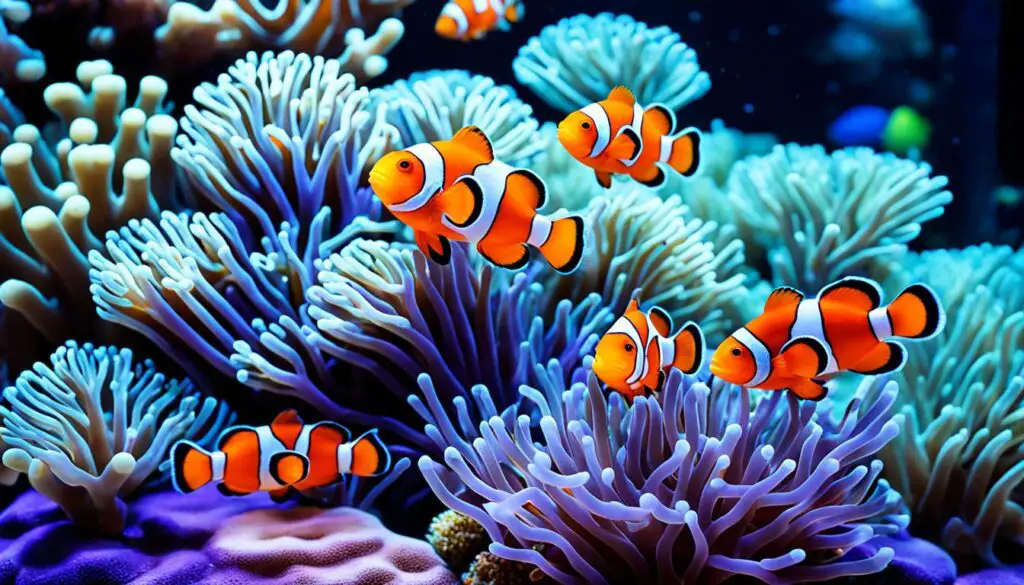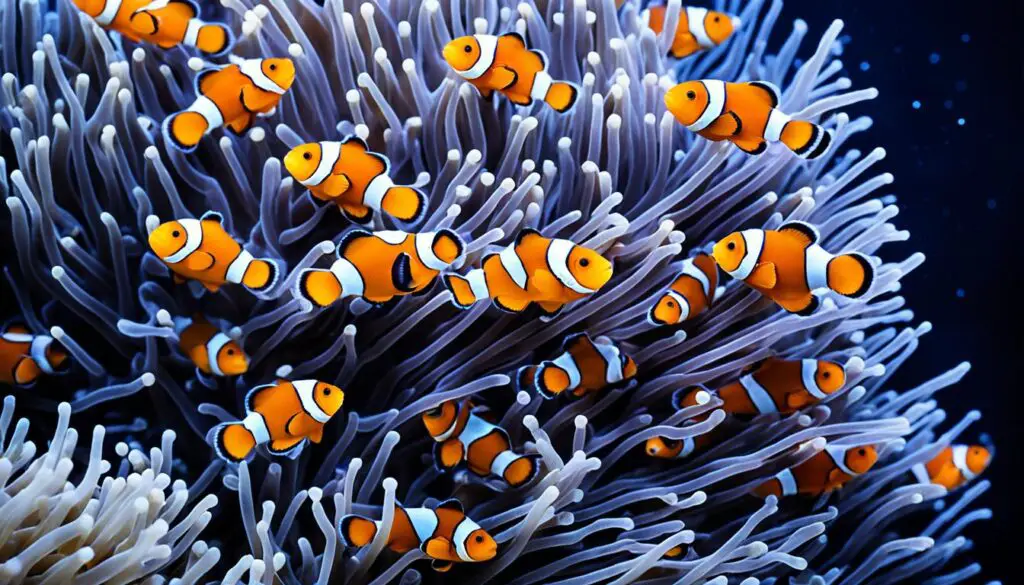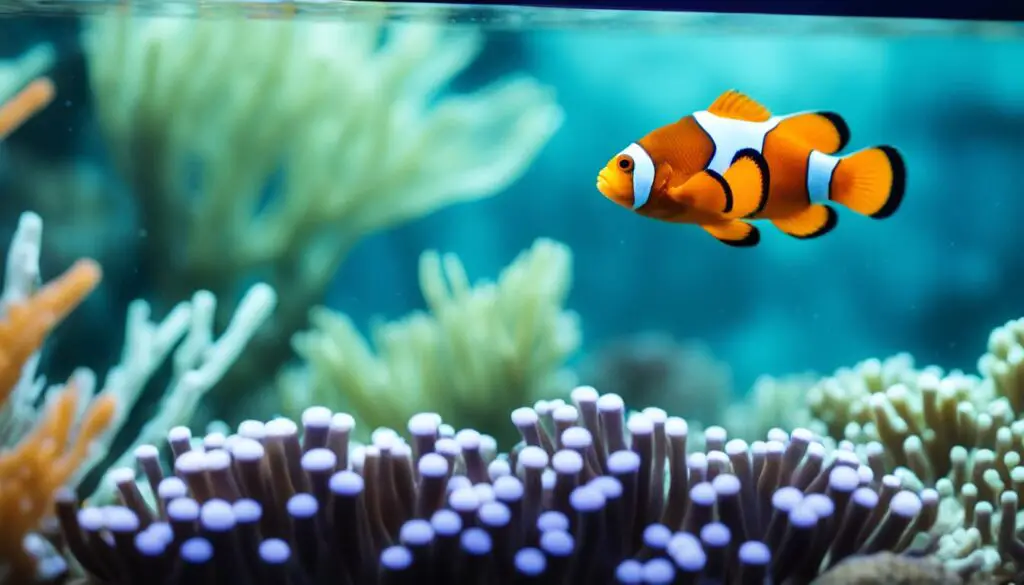How Old Are Octopuses
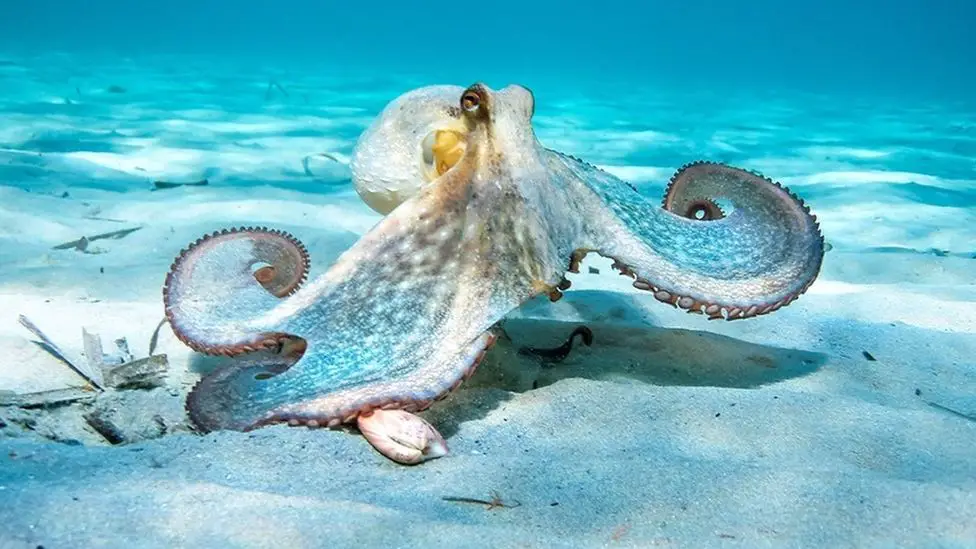
Introduction
How Old Are Octopuses: Octopuses, with their mesmerizing fluidity of movement and astonishing intelligence, have long fascinated scientists and the general public alike. These remarkable cephalopods are known for their ability to change color and texture to blend seamlessly with their surroundings, their intricate problem-solving skills, and their highly developed nervous systems.
Determining the age of an octopus is a perplexing challenge. Unlike many animals, octopuses lack the common biological markers used to estimate age, such as growth rings in trees or layers in the teeth of mammals. Octopuses exhibit rapid growth in their early life stages, but this pace slows down as they mature, making it difficult to gauge their age accurately.
To complicate matters further, octopuses are notorious for their short lifespans. While some species live for just a year or two, others can survive for several years. Unraveling the mysteries of octopus longevity requires a deeper understanding of their biology, behavior, and environmental influences.
In this exploration of the enigmatic age of octopuses, we will delve into the methods scientists employ to estimate their lifespan, the factors that influence their longevity, and the intriguing adaptations these creatures have developed to thrive in the depths of our oceans.
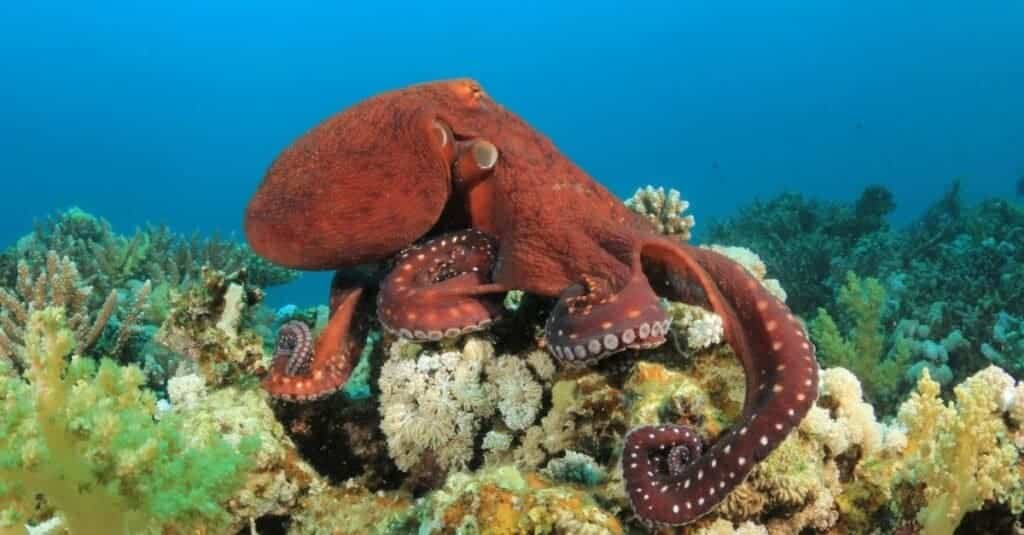
How long has octopus been on earth?
Scientists have found the oldest known ancestor of octopuses – an approximately 330 million-year-old fossil unearthed in Montana. The researchers concluded the ancient creature lived millions of years earlier than previously believed, meaning that octopuses originated before the era of dinosaurs.
Octopuses have been inhabitants of our planet for a remarkably long time, with their origins tracing back hundreds of millions of years. Fossil evidence suggests that the ancestors of modern octopuses, known as cephalopods, first appeared during the Late Cambrian period, approximately 500 million years ago. These early cephalopods were quite different from today’s octopuses, possessing external shells and a more limited range of adaptations.
Over the eons, octopuses evolved and diversified, adapting to various marine environments and developing their characteristic features, including their soft bodies, eight flexible arms lined with suckers, and highly developed nervous systems. The octopus we recognize today as a marvel of marine life has evolved over a long and complex evolutionary history.
Despite their ancient lineage, octopuses remain one of the most enigmatic and intriguing creatures on Earth. Their unique intelligence, camouflage abilities, and remarkable behaviors continue to astound scientists and nature enthusiasts alike.
How old is the oldest octopus?
328 million years ago
Oldest-known octopus relative lived 328 million years ago and had 10 arms | CNN.
Determining the precise age of the oldest octopus is a challenging endeavor due to the nature of these mysterious creatures. Octopuses, in general, have relatively short lifespans compared to many other animals. Most octopus species live for just a few years, typically ranging from one to three years. Their lives are marked by rapid growth, intense reproductive activity, and a relatively quick decline in health and vitality.
The difficulty in pinpointing the age of the oldest octopus also stems from the lack of conventional aging markers found in other species, such as tree rings or annual growth layers in teeth. In addition, octopuses often show variable growth rates, making it even more challenging to estimate their age accurately.
While there have been anecdotal reports of octopuses living longer, reaching ages of five years or more in some cases, substantiating these claims with concrete evidence remains elusive. The longevity of octopuses is likely influenced by factors such as species, habitat, diet, and environmental conditions, making it a complex and ongoing subject of scientific inquiry.
In essence, the age of the oldest octopus remains a tantalizing mystery, a testament to the resilience and adaptability of these remarkable creatures in the ever-changing world of the ocean’s depths.
Can octopus live longer than 5 years?
One of the least understood octopus traits is its life span. It varies according to species, but octopuses, both wild and captive, live roughly 1 to 5 years.
While the majority of octopus species have relatively short lifespans, typically ranging from one to three years, there are some exceptions. It is indeed possible for certain octopus species to live longer than five years under the right conditions.
For example, the giant Pacific octopus (Enteroctopus dofleini) is known for having a longer lifespan compared to many other octopus species. These magnificent creatures can live for around three to five years on average, but some individuals have been documented living beyond that, occasionally reaching up to seven years or more.
In captivity, where these factors can be more controlled, octopuses may have a better chance of reaching their maximum potential lifespan. Proper care, appropriate diet, and a stress-free environment are essential for their longevity in captivity.
It’s important to note that octopuses are highly variable in their lifespans, and individual experiences can differ widely. While some octopuses may live longer than five years, many others will have much shorter lives, emphasizing the need for continued research to better understand the factors that influence their longevity.
Can octopus live for 10 years?
In general, octopuses have a relatively short lifespan. For example, the Common Octopus, Mimic Octopus, and Blue-Ringed Octopus live for around 12 – 18 months whereas the Giant Pacific Octopus can have a lifespan of 3-5 years!
Octopuses are fascinating creatures with varying lifespans depending on their species, environment, and individual circumstances. While it’s relatively rare for octopuses to reach the age of 10 years, it’s not entirely impossible.
The giant Pacific octopus (Enteroctopus dofleini), as mentioned earlier, is known for its relatively longer lifespan among octopus species. In optimal conditions and with the absence of predators, some individuals of this species have been documented to live up to 7 years or even longer. However, reaching a full 10 years in the wild is still a rarity.
In captivity, octopuses may have a higher chance of reaching the 10-year mark if they are provided with appropriate care and a controlled environment. Aquariums and marine research facilities often strive to create conditions that promote the health and longevity of octopuses, but even in captivity, reaching a decade in age remains exceptional.
It’s essential to remember that octopus lifespans vary greatly, and while some may achieve longer lives, the majority of octopuses have much shorter lifespans, typically ranging from one to three years. Their remarkable adaptability and ability to thrive in diverse marine ecosystems continue to be a subject of scientific curiosity and exploration.
How many hearts did octopus have?
Three hearts
How Many Hearts Does an Octopus Have? An octopus has not one, but three hearts. Two of them — the branchial hearts — pump blood to the gills where it picks up oxygen. The third, or systemic heart, pumps the oxygenated blood around the body, fueling up the eight tentacles for whatever they and their suckers plan to do.
Octopuses are fascinating creatures with a unique circulatory system. Unlike vertebrates, they possess three hearts. Two of these hearts, known as branchial hearts, are responsible for pumping blood to the gills where oxygen is extracted. From there, the oxygen-rich blood is distributed throughout the octopus’s body. The third heart, known as the systemic heart, plays a crucial role in circulating this oxygenated blood to the rest of the body’s tissues and organs.
This tripartite cardiovascular system allows octopuses to efficiently regulate their blood flow, ensuring that their highly active and intelligent brains receive a constant supply of oxygen. Additionally, the distribution of this vital resource is finely tuned to support the animal’s impressive adaptability and complex behaviors.
This remarkable physiological adaptation highlights the incredible diversity of life on our planet, showcasing nature’s ingenuity in crafting solutions to the challenges of different environments. The octopus’s three hearts serve as a testament to the awe-inspiring complexity of marine biology, offering a glimpse into the wonders that lie beneath the waves.
How fast do octopuses age?
Octopuses have a relatively short lifespan; some species live for as little as six months. The Giant Pacific octopus, one of the two largest species of octopus, may live for as much as five years. Octopus lifespan is limited by reproduction. For most octopuses the last stage of their life is called senescence.
Octopuses exhibit a fascinating approach to aging, in stark contrast to many other creatures in the animal kingdom. They are known for their rapid life cycles, with most species having a relatively short lifespan, typically ranging from one to three years. This accelerated aging process is a consequence of their intense, energy-demanding lifestyles.
Octopuses invest a significant portion of their energy in activities like hunting, mating, and reproduction. Once an octopus reaches maturity, it embarks on a frantic journey to reproduce, during which it expends a substantial amount of its stored energy. This intense reproductive effort, combined with the physiological toll it takes, often leads to the octopus’s demise shortly after reproducing.
This ephemeral existence is a testament to the octopus’s remarkable adaptability and biological efficiency. By prioritizing reproduction over long-term survival, they optimize their chances of passing on their genetic legacy. This unique aging process underscores the diversity of life strategies found in the animal kingdom and highlights the extraordinary adaptations that have evolved in response to specific ecological niches.
What is the average lifespan of an octopus?
The average lifespan of an octopus varies widely depending on the species. Most octopuses have relatively short lifespans, typically ranging from one to three years. This brevity is primarily due to their intense and energetically demanding lifestyles.
Octopuses invest a significant amount of energy in activities such as hunting, evading predators, and mating. Once they reach maturity, they undergo a brief but frenetic period of reproduction. During this phase, females lay thousands of eggs, carefully guarding and aerating them until they hatch. This phase is so demanding that the octopus often experiences a rapid decline in health and vitality, leading to its eventual demise.
Interestingly, some deep-sea species, like the elusive Graneledone boreopacifica, are exceptions to this rule. These remarkable creatures can live significantly longer, with lifespans of up to five years or more. Their protracted lives in the lightless depths of the ocean are thought to be a result of reduced predation pressure and a slower metabolism.
Overall, the transient nature of an octopus’s life is a testament to their unique reproductive strategy and the challenges they face in their respective environments. It underscores the incredible diversity of life strategies in the marine world.
Do all octopus species have the same lifespan?
Octopus species do not have the same lifespan. The lifespan of an octopus varies greatly depending on factors such as species, habitat, and environmental conditions.
Many octopus species have relatively short lifespans, typically ranging from one to three years. This brevity is largely attributed to their intense and energetically demanding lifestyles. Octopuses invest a significant amount of energy in activities like hunting, evading predators, and mating. Once they reach maturity, they undergo a brief but frenetic period of reproduction, which can take a toll on their health and vitality.
However, there are exceptions. Some deep-sea octopus species, like the enigmatic Graneledone boreopacifica, exhibit notably longer lifespans, with some individuals living up to five years or more. These creatures reside in the lightless depths of the ocean, where predation pressure is reduced, and their metabolism operates at a slower pace.
Overall, the lifespan of an octopus is intricately tied to its species-specific behaviors, environmental conditions, and evolutionary adaptations. This diversity in lifespans among different octopus species is a testament to the incredible adaptability and variety of life in the underwater world.
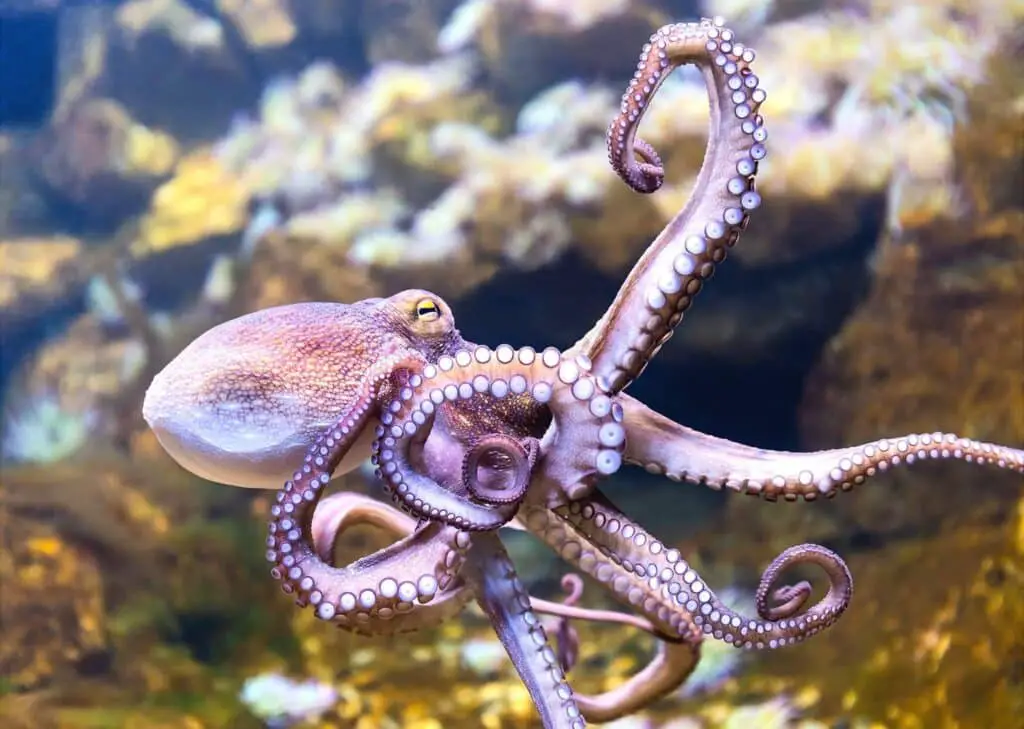
Conclusion
In the depths of the world’s oceans, octopuses continue to captivate us with their astounding abilities and mysterious lives. While we embarked on this quest to uncover the age of these extraordinary cephalopods, we find ourselves humbled by the many enigmas that remain. The age of octopuses, it appears, is a puzzle with no easy solution.
Our exploration into the age of octopuses revealed the complexities involved in estimating their lifespan. Without the conventional markers of age, scientists have had to rely on indirect methods such as growth rates, reproductive patterns, and the examination of their internal structures. These methods, while informative, offer only approximate insights into the age of these creatures.
Octopuses, with their diverse species and environments, defy a one-size-fits-all answer to the question of age. Some octopuses live for just a brief period, expending their energy on intense reproduction, while others enjoy a longer, more leisurely existence.
Our journey into the age of octopuses, we recognize that there is much left to learn about these remarkable animals. Each discovery we make about their lifespan brings us closer to understanding the intricate web of life in our oceans and reminds us of the infinite wonders that await beneath the waves. The age of octopuses, it seems, will continue to be an ageless enigma, forever shrouded in the mysteries of the deep.

